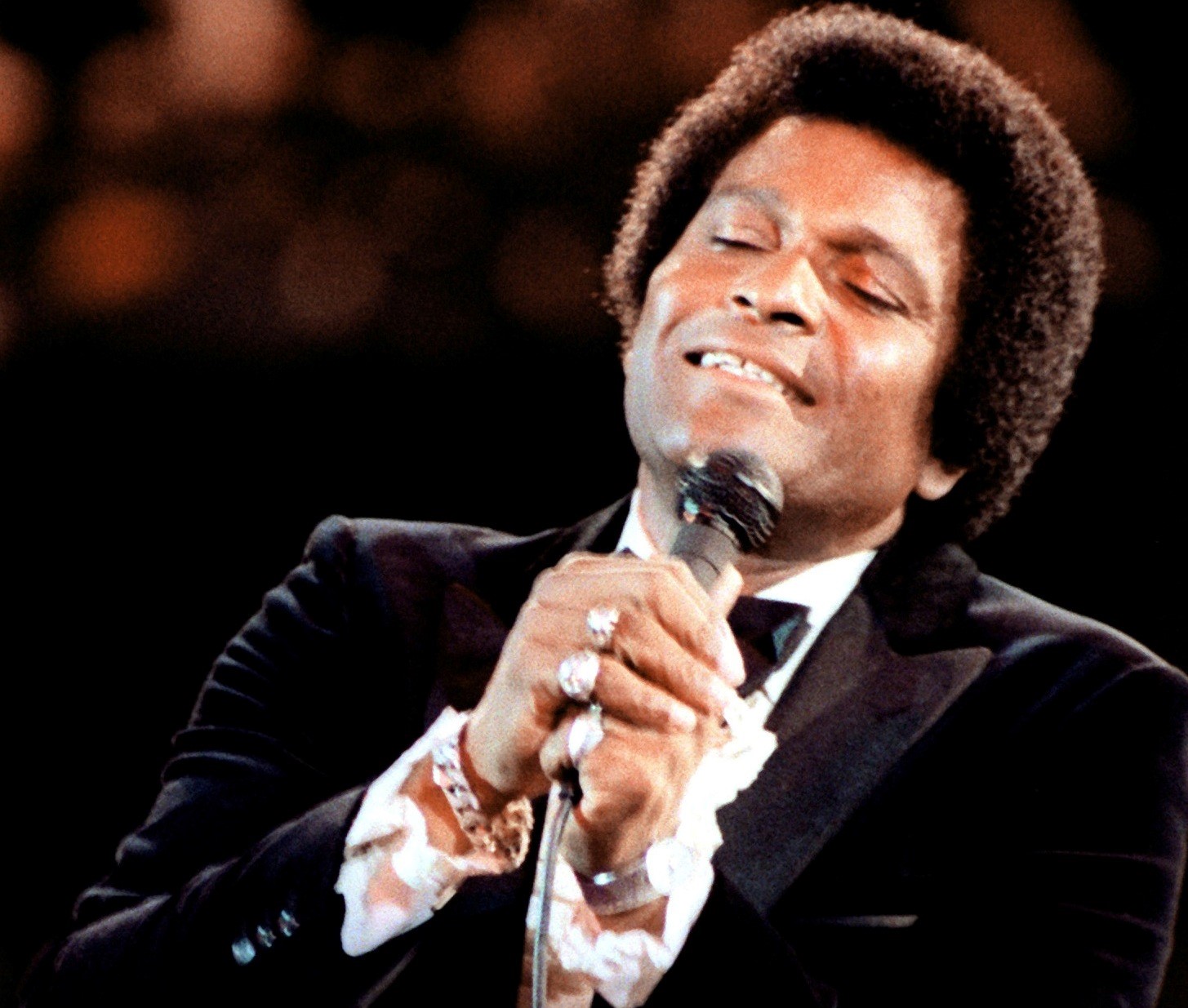If you have been watching Ken Burns’ Country Music on PBS, then maybe, like me, you’ve found your ears pricking up every time Dallas or someone from Dallas enters the narrative. Burns doesn’t spend too much time focusing directly on Dallas or this city’s contribution to the history of country music, but the city appears so often as an aside that it feels like the documentary filmmaker is missing a storyline.
My favorite example is when the film talks about Decca Records’ desire in the 1950s to move all of their country music recording activity to Dallas. At the time, Dallas was challenging Nashville’s place as country music’s hub–this city even had its own version of the Grand Ole Opry, the Big D Jamboree. The Dallas threat prompted Owen Bradley to expand his studio in Nashville in an effort to keep the business. It worked, of course, Bradley’s Quonset Hut Studio became pivotal in establishing the Nashville sound. So, you’re welcome, Nashville.
There are a lot of stories like this one, and they offer more evidence–as I have been arguing lately–that Dallas’ role in the development of American music is both significant and overlooked. Over at the Oak Cliff Advocate, Rachel Stone has taken the time to gather a litany of connections that trace the story of country music through this city. If you love music and care about this city’s history, the piece is well worth your time.
UPDATE: After posting, I came across this Wilonsky joint from 2015 about Jim Beck’s studio next to the Forest Theater, where Lefty Frizzell, Ray Price, Jim Reeves, Hank Thompson, Marty Robbins, and possible Fats Domino, Buddy Holly and Roy Orbison all recorded. The article explores how Beck’s premature death in 1956 impacted Dallas’ efforts to become as a powerhouse in the country music recording industry. A taste:
“If Beck had not died when he did, the recording industry would have been big in Dallas, because Beck was an innovator,” the hit-making Tall Texan, Billy Walker, told historian Michael Streissguth shortly before Walker was killed in a 2006 car crash. No less an authority than the Country Music Hall of Fame insists Beck’s death was the footnote heard ’round the industry.
“But for a tragic accident,” Charles Wolfe wrote in the Country Music Hall of Fame’s The Encyclopedia of Country Music, Jim Beck “might well have changed the course of country music.” Wolfe wrote elsewhere that Beck had “the studio that produced the most distinctive sound of all, the one that produced the most influential recordings, and the one that came within a hairbreadth of changing the whole direction of the music’s development.”
Others disagree, insisting Beck was no match for the might of Music City, which, even in the early 1950s, knew there was big money to be made in hillbillies and honky-tonks. Nashville already had the Grand Ole Opry, record labels and studios filled with immortal producers and players (Owen Bradley, Chet Atkins) crafting that slick Nashville sound.






